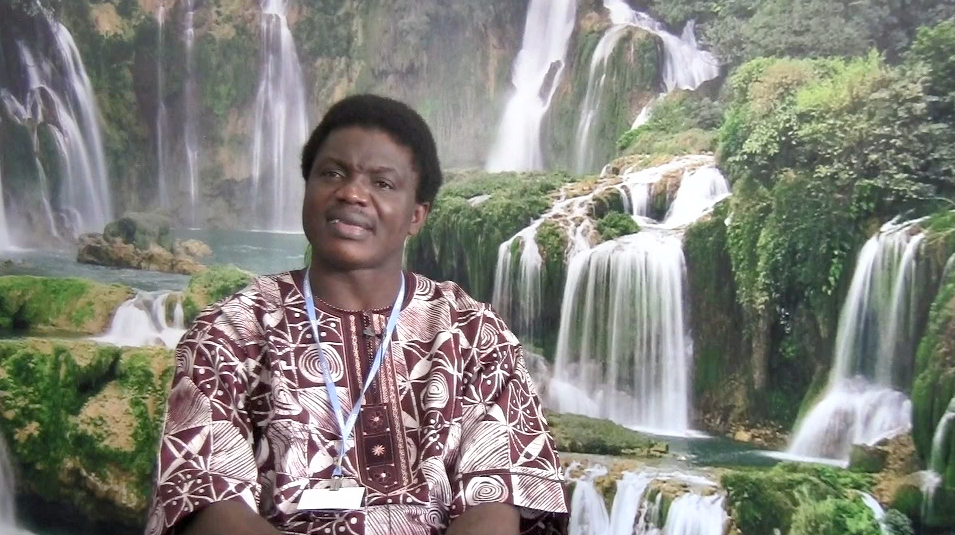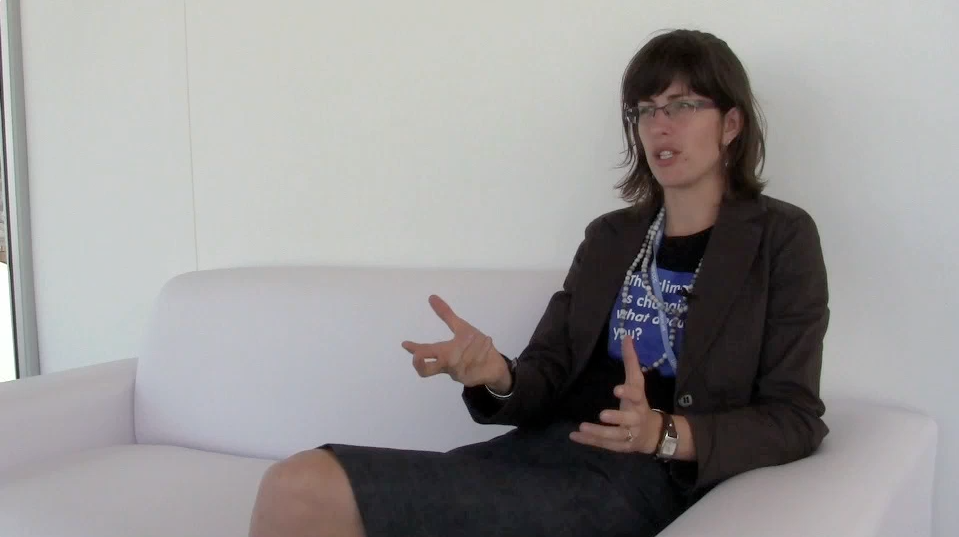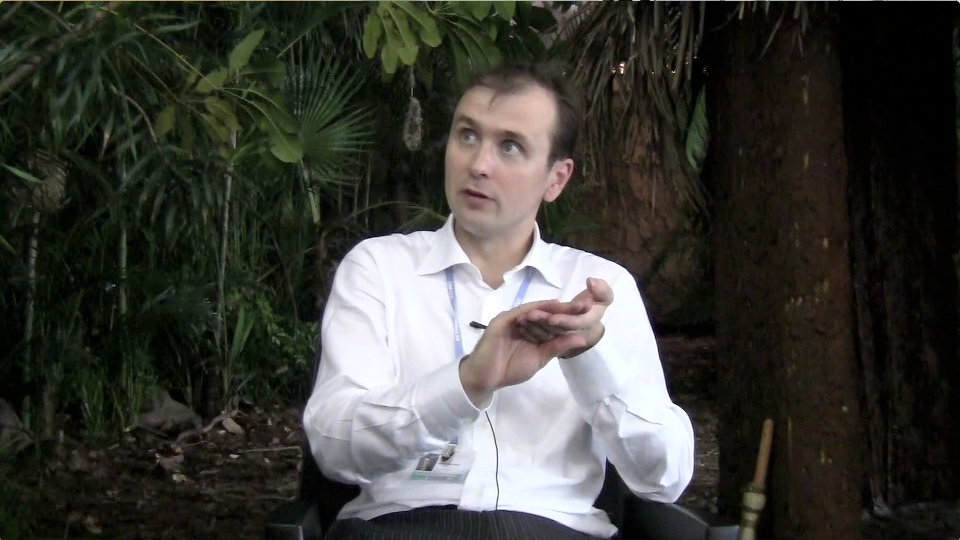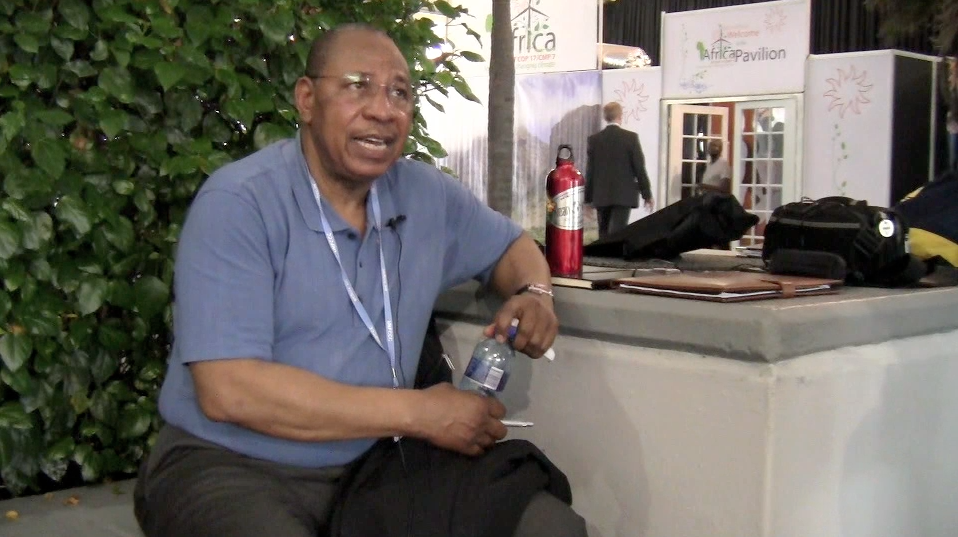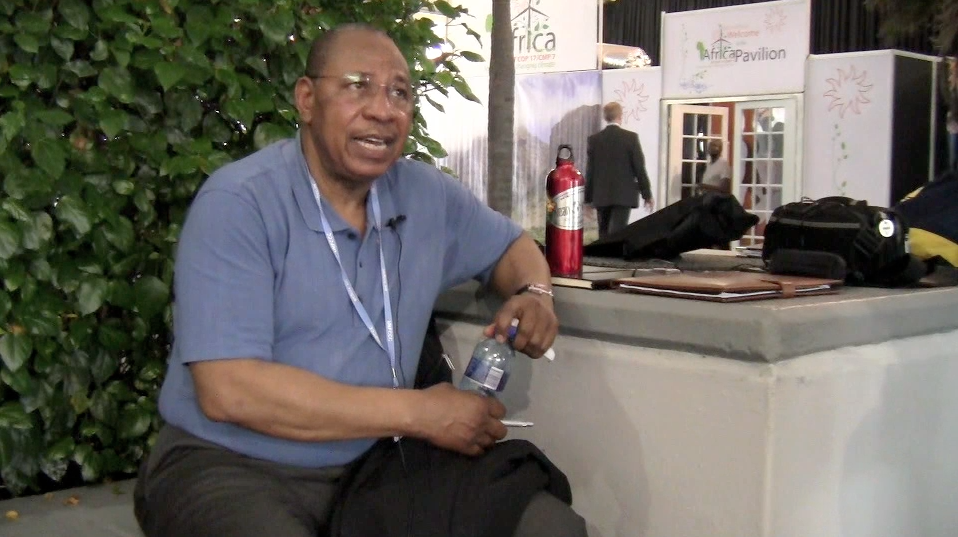[ensemblevideo contentid=I9sG_Yyyak28F33xIrBFmg iframe=false]
Dr. Saleemul Huq, Senior Fellow at the International Institute for Environment and Development Climate Change Group, discusses how climate change will severely affect the development of poor countries in the near future. He says in the long term, however, China and the United States will begin to compete for integrating sustainability into what he says will be the new economy. Huq believes it will be competition, not negotiations, that will eventually drive the transition into a green economy. However, he describes the necessity for the issue to still be solved as a global challenge because it is in essence a global problem. Finally, he emphasizes the ever-pressing need for on the ground action.
Interviewed by Esther Babson, Anna McGinn, Maggie Rees and Claire Tighe on November 30, 2011, COP 17, Durban, South Africa
